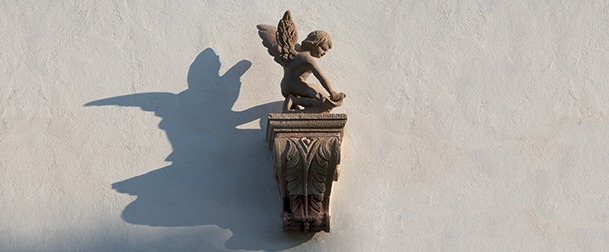
A From December 2015, Canberrans have greater choice about how they are buried or where their ashes are placed. A Natural Burial Site has opened at Gungahlin Cemetery and new rules have been introduced to facilitate green burials.
Attitudes towards funeral and burial arrangements are increasingly diverse within our community. A person’s views regarding the disposal of their body may be informed by their religious or cultural background, family traditions and personal philosophy. The recent developments reflect a desire by the ACT Government to accommodate an individual’s wishes for how their body is dealt with after death.
While many Australians have strong views regarding their burial or cremation,only a small percentage have taken steps to plan for their funeral or to communicate their instructions. Sadly, a lack of clarity regarding a person’s wishes can cause stress and disharmony within their family after their death. Disagreements regarding funeral arrangements are especially prevalent within blended families and cross-cultural relationships.
From a legal perspective, the executor named in the deceased person’s Will has the responsibility to arrange the funeral and ultimately has the final say regarding burial arrangements.
If there is no Will, the deceased person’s next of kin is entitled to make decisions regarding burial or cremation. The next of kin is usually the person with the highest claim to administer the estate according to the rules of intestacy. It can be difficult for funeral directors to determine the appropriate next of kin, especially if there are questions as to whether the deceased person was in a de facto relationship, or if there is a disagreement between the deceased person’s children or parents.
Making a Will is a good way to prevent disputes regarding how your body is dealt with after your death. A Will allows you to appoint an executor who will have the power to arrange the funeral, to make decisions regarding the disposal of your body and to decide any disputes that may arise in your family. While your executor should take into account the wishes expressed by your family,your executor has ultimate authority. You should therefore nominate an executor who you trust to carry out your wishes.
The other benefit of making a Will is that it is a place where you can set out your preferences for your funeral, including whether you wish to be buried or cremated and where you wish your remains to be interred. If you set out instructions for your funeral within your Will, then it is important that your nominated executor is aware of those instructions or has a copy of your Will to ensure that your wishes are carried out.
If you have pre-paid your funeral or purchased a burial plot, you should make sure that your executor knows the details, otherwise they may inadvertently make other arrangements (and incur a second set of expenses).
In any event, it is a good idea to discuss your wishes for your funeral or burial arrangements with your family ahead of time so that you have the opportunity to explain your reasons and prevent potential disputes in the future.
Rebecca Tetlow is an Accredited Specialist in Wills and Estates Law (NSW) and a Senior Associate at Dobinson Davey Clifford Simpson phone (02) 6212 7600
[email protected]
www.ddcslawyers.com.au
